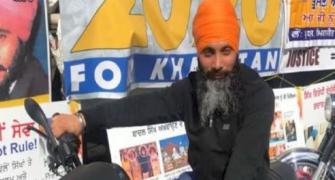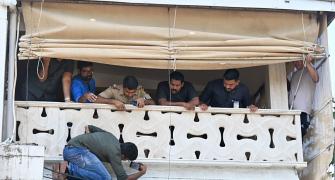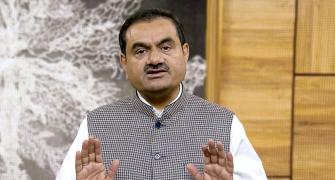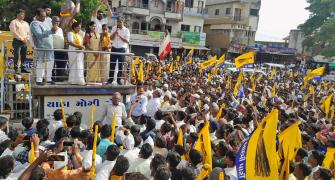Indian generic drug-makers are the big hope for AIDS patients in poorer countries.
Medicines produced in India have become a lifeline for people living in developing countries around the world. In fact, more than 50 per cent of the medicines currently used by the developing world to treat AIDS comes from India.
Thus, it came as no surprise when, earlier this month, the Bill Clinton Foundation announced a further cut in prices of second-line anti-retroviral drugs for AIDS treatment, generating average savings of 25 per cent in lower-income countries and 50 per cent in middle-income countries. For India, this means that AIDS patients will now get cheaper ARVs through various NGOs and government hospitals.
The Clinton Foundation HIV and AIDS Initiative has negotiated with Indian generic drug-makers Cipla and Matrix to manufacture and supply once-daily first-line drugs tenofovir, lamivudine and efavirenz at less than $1, as well as ARVs to 66 developing nations.
Last year, the foundation took a similar initiative in collaboration with Cipla and Ranbaxy for providing children's drugs to treat AIDS, which promises to bring the spend on drugs per child down by 45 per cent.
For countries like Brazil and Thailand, this is good news. Brazil, for instance, plans to import a cheaper, generic version of efavirenz from India instead of buying it from Merck.
The reduction in prices of AIDS drugs means that the patient will now spend $339 a year, 45 per cent less than what people currently spend in lower-income countries and 67 per cent lower than the spends in middle-income countries.
Amar Lulla, joint MD, Cipla explains, "We have had an arrangement with the Bill Clinton Foundation for the last 3-4 years. This was the next ideal step. We will be providing these drugs through NGOs like Medecins Sans Frontieres and government hospitals."
CHAI's activities are being funded by UNITAID, an organisation formed by 20 countries, including France, which have set aside a small part of their airline tax revenues for HIV/AIDS programmes in developing countries.
It will provide the foundation with more than $100 million to buy second-line medicines in 27 countries through 2008. Second-line treatment is required by patients who develop resistance to first-line treatment and costs ten times as much.
Securing lower prices for raw materials and lowering production costs are the strategies helping Cipla and Matrix in their collaboration with the foundation.
Plus, as Hitesh Gajaria, partner, BSR & Co, KPMG puts it, "Being associated with a good cause always increases good will. Matrix and Cipla have nothing to lose."
As it is, NGOs like Medecins Sans Frontieres use medicines from India to treat over 80 per cent of the 80,000 AIDS patients in its projects.








